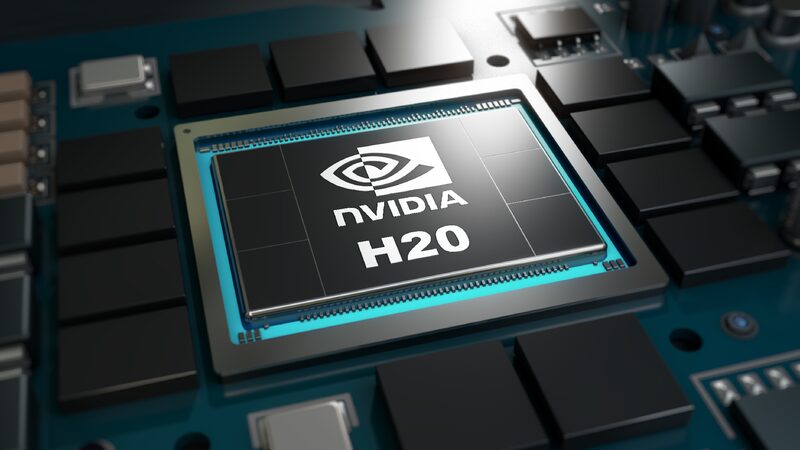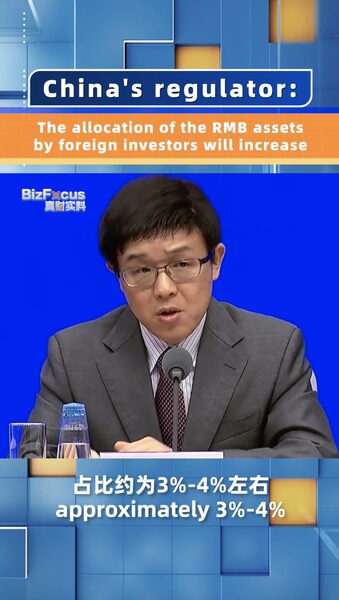Qualcomm Triumphs Over Arm in Pivotal Legal Battle, Accelerating PC Chip Ambitions
Qualcomm has scored a significant victory in its legal tussle with Arm Holdings, with a U.S. federal jury affirming that Qualcomm’s central processors are properly licensed under their agreement with Arm. This decision clears the way for Qualcomm to advance its push into the personal computer (PC) market.
After a week of courtroom debates, the jury found that while Qualcomm did not breach its license with Arm, they couldn’t reach a unanimous verdict on whether startup Nuvia breached its own licensing terms. Qualcomm acquired Nuvia for $1.4 billion in 2021, integrating its technology into their chips.
“The jury has vindicated Qualcomm’s right to innovate and affirmed that all the Qualcomm products at issue are protected by Qualcomm’s contract with Arm,” Qualcomm stated.
Arm, however, expressed disappointment, stating that they plan to seek a new trial. “Our goal has been to protect our intellectual property,” an Arm spokesperson said.
Uncertain Future but Clear Path Forward
The partial verdict leaves some uncertainty, but for now, it allows Qualcomm to continue developing its “AI PC” chips. These chips are designed to handle advanced tasks like chatbots and image generation, positioning Qualcomm as a competitor in a market where companies like Nvidia, Advanced Micro Devices, and MediaTek are also making strides.
Industry analysts suggest that while the trial’s outcome doesn’t drastically change the current landscape, it brings clarity to Qualcomm’s roadmap. “At this point, that risk is a lot closer to being off the table,” said Bernstein analyst Stacy Rasgon regarding concerns over Qualcomm’s access to Nuvia’s technology.
Implications for the Tech Industry
The dispute centers around royalty rates and the extent of Arm’s licensing agreements. Nuvia was set to pay higher rates before Qualcomm’s acquisition, leading to disagreements over which terms apply. The trial also raises questions about where Arm’s technology begins and ends, especially concerning custom core designs developed by companies like Qualcomm.
“This does have ramifications for the entire industry,” noted Jim McGregor of Tirias Research. “Whether you’re using a standard Arm core or developing your own, it has been the rock of everything from electric toothbrushes to satellites.”
Judge Maryellen Noreika, presiding over the case, encouraged both parties to mediate their dispute, remarking that a clear victory was unlikely for either side if retried.
Reference(s):
Qualcomm wins key chips trial against Arm, unblocking its PC push
cgtn.com








